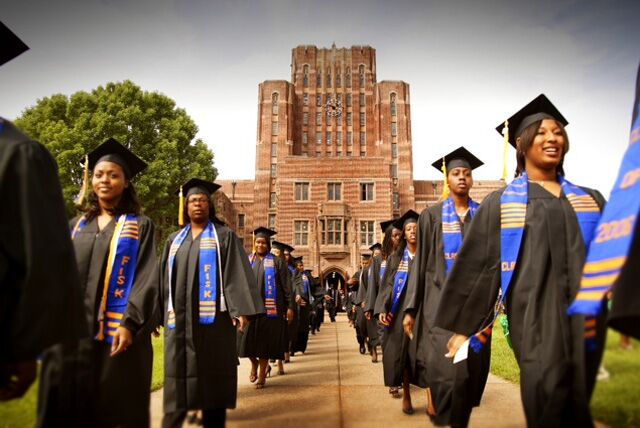The case of Laquan McDonald has been a stark reminder of the injustice and inequality within the criminal justice system. McDonald, a 17-year-old black teenager, was shot 16 times by white Chicago police officer Jason Van Dyke on October 20, 2014. The shooting was captured on dashcam video and sparked outrage across the country, leading to protests and calls for justice.
However, justice for McDonald has been slow in coming. It took more than a year for Van Dyke to be charged with McDonald’s murder, and the trial itself was plagued by delays and setbacks. The trial finally began in September 2018, nearly four years after McDonald’s death. In October 2018, Van Dyke was found guilty of second-degree murder and 16 counts of aggravated battery – one count for each shot fired at McDonald.
While the guilty verdict was a small measure of justice for McDonald and his family, many have criticized the delays and mishandling of the case. The city of Chicago reached a $5 million settlement with McDonald’s family before a lawsuit was even filed, leading to accusations of a cover-up. The dashcam video was also withheld from the public for over a year, further fueling suspicions of a cover-up.
The legacy of Laquan McDonald is a reminder of the systemic issues within the criminal justice system, particularly when it comes to cases of police brutality and misconduct. The delays and mishandling of McDonald’s case only serve to further erode public trust in law enforcement and the justice system. The fact that it took over four years for justice to be served in this case is a stark example of the inequality and lack of accountability within the system.
Moving forward, it is crucial that steps are taken to ensure that cases of police brutality and misconduct are handled swiftly and fairly. Transparency and accountability are key in rebuilding trust between law enforcement and the communities they serve. The legacy of Laquan McDonald should serve as a wake-up call to the injustices that continue to plague our criminal justice system, and a reminder that justice delayed is justice denied.











